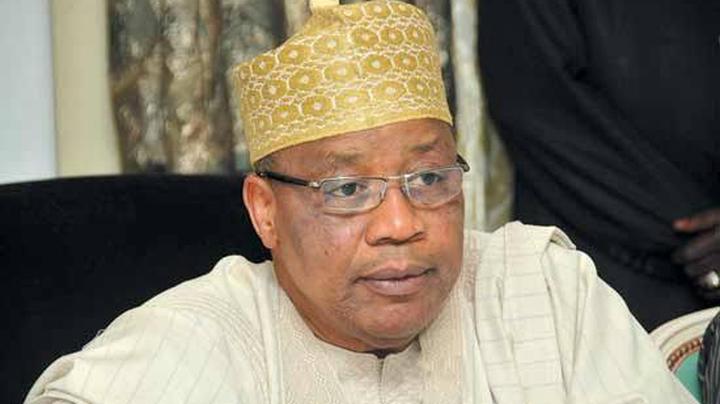Former Military Head of State, Ibrahim Babangida, has dismissed the notion that the 1966 military coup was an “Igbo coup,” a claim that has been widely debated over the years. In his newly released book, A Journey in Service, Babangida offers his perspective on the events of that year, particularly the role of Major Kaduna Nzeogwu, who led the coup. He argues that Nzeogwu, despite being Igbo by name, was more aligned with the Hausa culture, having been born and raised in Kaduna, with immigrant parents from Okpanam in what is now Delta State.
In a report by Daily Post, Babangida points out that Nzeogwu spoke fluent Hausa and, in his view, was as “Hausa” as any individual from the region. He suggests that the coup’s original intent was not based on ethnicity but rather on the belief, albeit naively, that it could bring about positive change for the country. However, Babangida acknowledges that the coup’s outcome deviated significantly from its original purpose, turning into an ethnic conflict, particularly after the killing of key figures such as Sir Ahmadu Bello and his wife.
Babangida condemns the actions of Nzeogwu, particularly the murders of Sir Ahmadu Bello and his wife, Hafsatu, noting that these individuals were highly revered and had not put up a fight. He describes the killings as “heinously callous,” which further tainted the coup’s original objective. According to Babangida, the plot, which initially aimed at political change, became increasingly influenced by external forces, leading to the ethnic tensions that followed.
The former military leader also highlights the fact that some Igbo officers were among the victims of the coup, including his former commander, Lt-Col. Arthur Chinyelu Unegbe, who was killed by Major Chris Anuforo. Babangida describes Unegbe as a disciplined officer who was viewed as a potential threat by the plotters, ultimately leading to his death. This, he argues, contradicts the idea that the coup was solely driven by ethnic motivations.
Babangida points out that the coup was not entirely carried out by Igbo officers. He cites the involvement of non-Igbo officers, such as Major Adewale Ademoyega and Captain Ganiyu Adeleke, which challenges the notion that the coup was an ethnic endeavor. He also notes that an Igbo officer, Major John Obienu, played a key role in crushing the coup, further complicating the argument that it was driven by ethnic lines.
Babangida concludes by reflecting on the original intentions of the coup plotters, particularly their plan to release Chief Obafemi Awolowo from prison and make him the executive provisional president of Nigeria. He acknowledges that the inclusion of Igbo officers in this plan, despite Awolowo’s strained relationship with the Igbo people, may have added an ethnic dimension to the coup. However, he admits that this interpretation may be speculative, as his understanding of the events was shaped by his perspective as a young officer at the time.
According to him, “Those who argue that the original intention of the coup plotters was anything but ethnic refer to the fact that the initial purpose of the plotters was to release Chief Obafemi Awolowo from prison immediately after the coup and make him the executive provisional president of Nigeria.
To Get More News, Click The Button Below.👇

